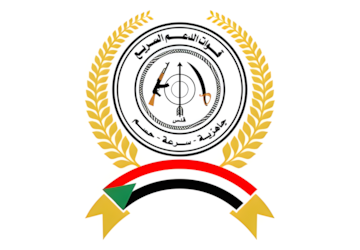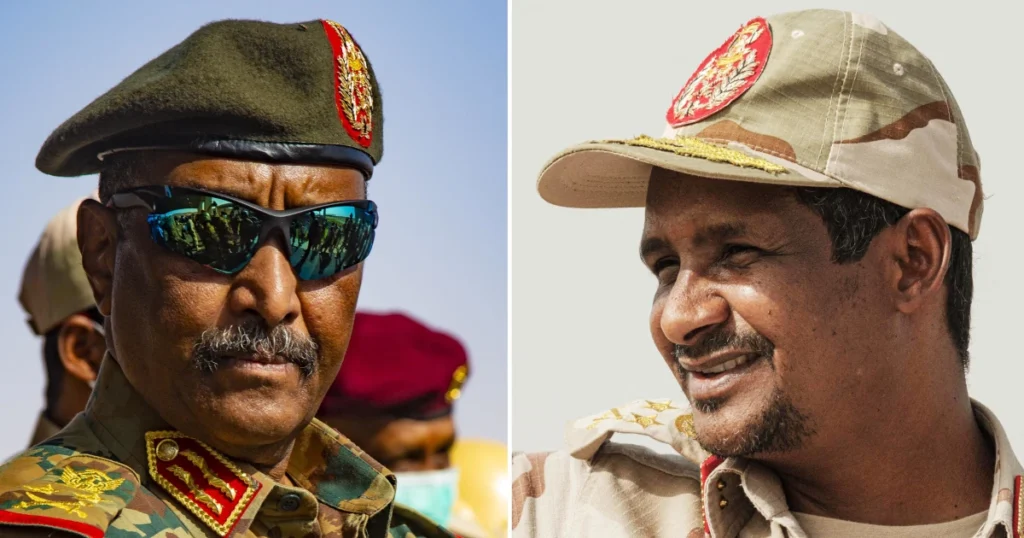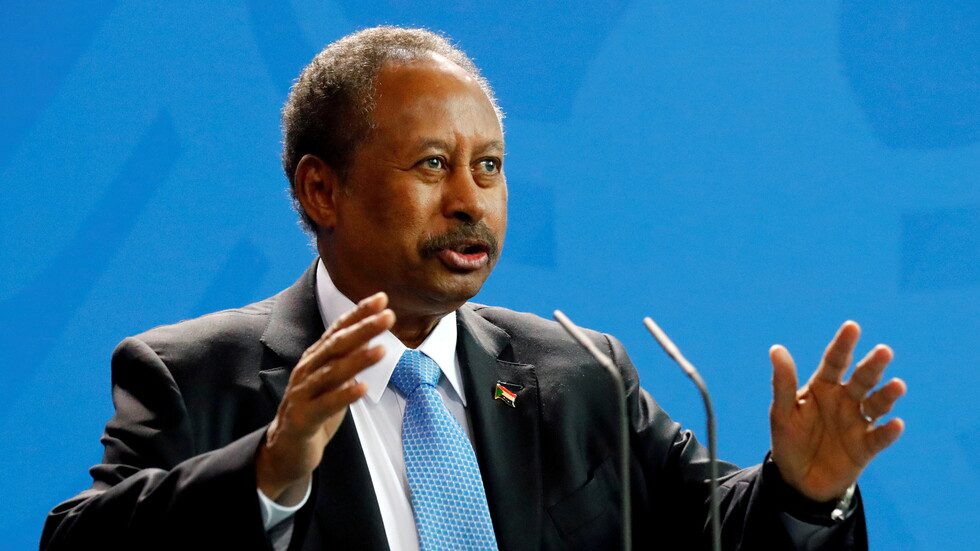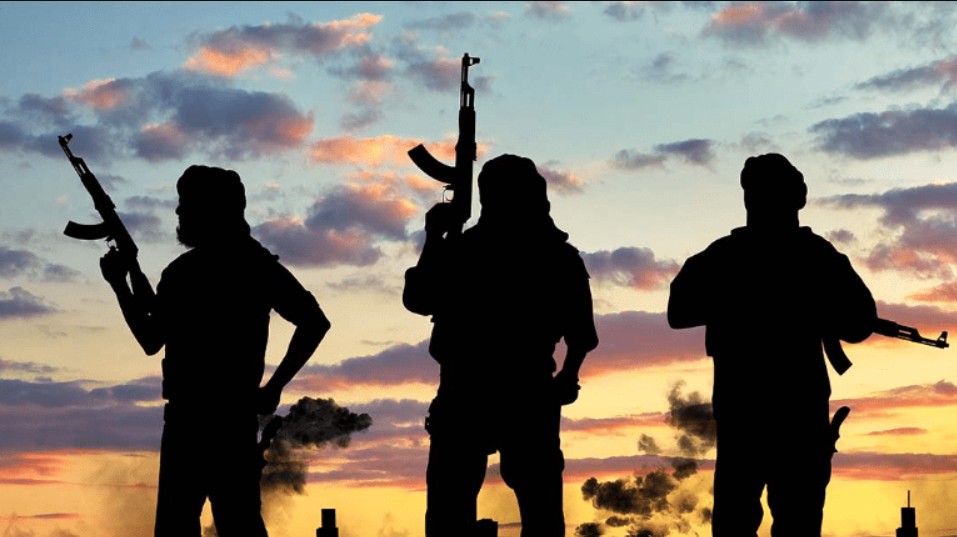
Sudan is veering toward a comprehensive monetary breakdown and a “dual recession” as war chokes off foreign-currency inflows, drains bank coffers and crushes output, according to recent assessments by the IMF and economic analysts.
The Sudanese pound hit an unprecedented 3,700 per U.S. dollar on the parallel market this week, traders said, while official bank quotes have climbed to 2,600–2,700—underscoring a widening gap with the street rate and the system’s loss of price discipline.
Foreign-exchange reserves have been eroded and external cash streams have shrunk sharply, including a roughly 70% fall in remittances, exacerbating the pound’s slide and leaving lenders short of hard currency. Analysts say the central bank’s managed-float regime has failed to tame inflation or stabilize the currency as conventional policy tools have been crippled by conflict.
Banking specialist Ayman Ahmed urged emergency steps to halt the pound’s bleed, proposing internationally marketed participation sukuk backed by underused natural-asset certificates—such as gold, oil and gas—to create a credible FX buffer and provide cover for imports without drawing down bullion.
A September 2025 IMF note said Sudan faces a “comprehensive monetary collapse,” with the pound no longer functioning reliably as a unit of account or medium of exchange. The fund highlighted concurrent contractions in domestic production and consumer demand alongside the fragmentation of fiscal and monetary institutions. It estimated that more than 80% of day-to-day transactions now occur in dollars or by barter as trust in the local currency craters.
The Economist Intelligence Unit reported in August that Sudan’s economy is experiencing a “dual contraction,” citing an 18% year-on-year fall in GDP, inflation above 400% during the war, near-total disruption of supply chains, and an almost complete halt to agricultural and industrial output across most states.
The International Crisis Group has likewise warned that the protracted conflict risks precipitating a full-scale economic collapse in the absence of a clear international rescue framework.
Analysts say the authorities’ immediate priorities are narrowing the spread with the parallel market, restoring minimum FX liquidity to banks, and ring-fencing essential imports—while any lasting stabilization hinges on a ceasefire that permits production, trade and humanitarian access to resume.




